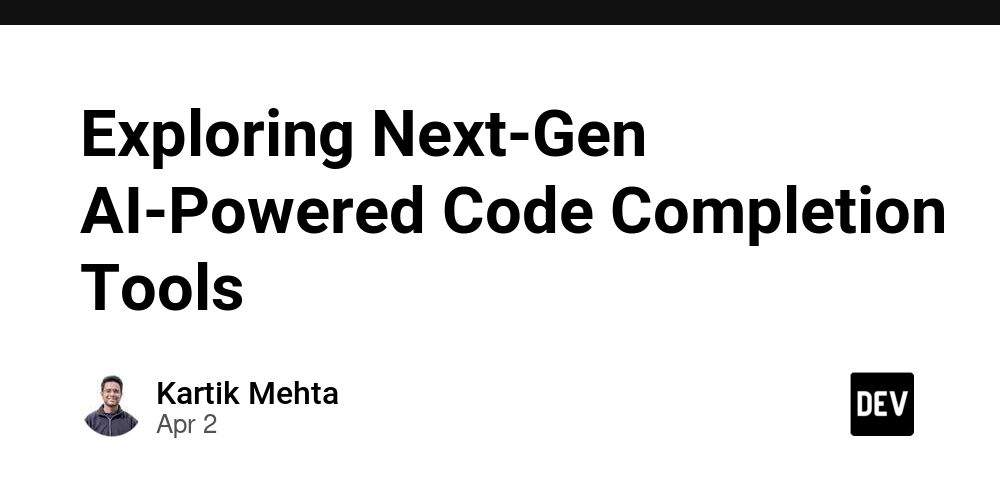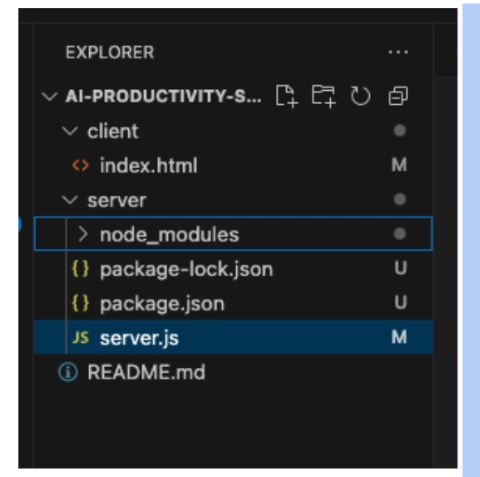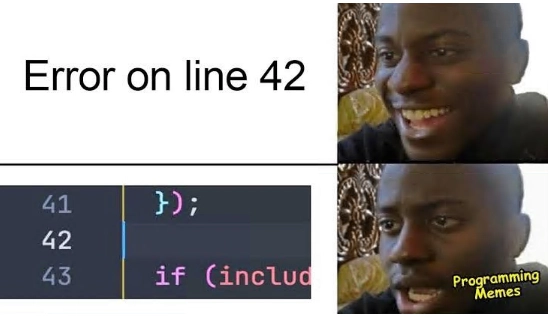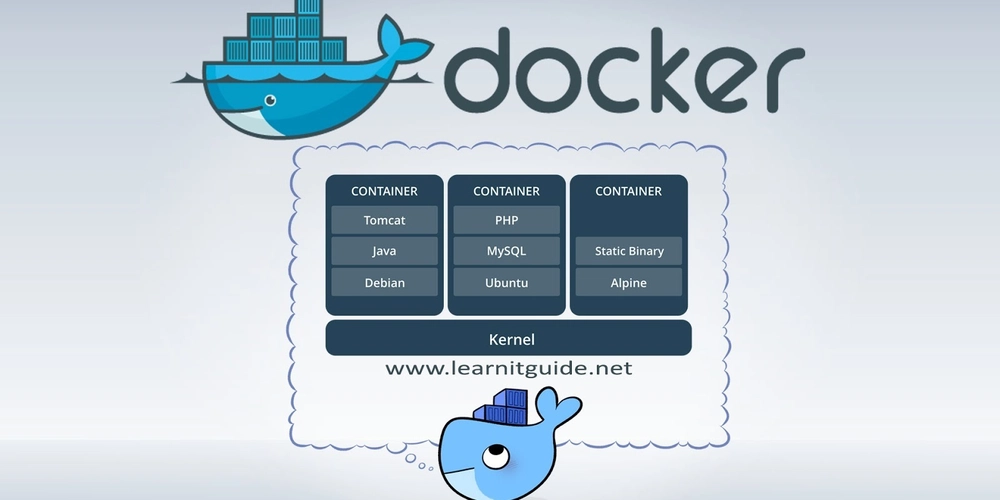Exploring Next-Gen AI-Powered Code Completion Tools
Introduction: Artificial intelligence (AI) has been a game-changer in the field of technology, with its ability to mimic human intelligence and automate tasks. In the field of software development, AI-powered code completion tools have emerged as the next-generation technology that is revolutionizing the coding experience. These tools utilize advanced algorithms and machine learning techniques to assist developers in writing code faster and more accurately. In this article, we will explore the advantages, disadvantages, and features of next-gen AI-powered code completion tools. Advantages of Next-Gen AI-Powered Code Completion Tools: Increased Productivity: By predicting and completing code snippets based on previous coding patterns and context, these tools save developers from the hassle of writing repetitive code, resulting in increased productivity. Error Reduction: These tools analyze code in real-time and provide suggestions for correcting errors, reducing the chances of bugs and glitches in the final product. Customization: Next-gen AI-powered code completion tools offer the ability to customize coding styles and preferences, making the coding process more efficient and personalized. Disadvantages of Next-Gen AI-Powered Code Completion Tools: Limited Understanding: AI-powered code completion tools are context-aware but are still limited in their understanding of the code. They may not be able to provide accurate suggestions for complex or unique coding scenarios. Dependency: The effectiveness of these tools is dependent on the quality and quantity of data used to train them. If the training data is biased or inadequate, it may affect the accuracy of the suggestions provided. Features of Next-Gen AI-Powered Code Completion Tools: Intelligent Suggestions: These tools offer intelligent code completion suggestions based on code analysis, context, and machine learning algorithms. Real-Time Assistance: The suggestions and error notifications are provided in real-time, making the coding experience seamless and efficient. Multi-Language Support: Next-gen AI-powered code completion tools support multiple programming languages, making them versatile and suitable for a wide range of projects. Conclusion: In conclusion, next-gen AI-powered code completion tools have revolutionized the coding experience by increasing productivity, reducing errors, and offering customizable features. However, they still have limitations and dependencies that need to be considered. With continuous advancements in AI and machine learning, these tools are expected to evolve and become even more efficient, making them an essential tool for developers in the future.

Introduction:
Artificial intelligence (AI) has been a game-changer in the field of technology, with its ability to mimic human intelligence and automate tasks. In the field of software development, AI-powered code completion tools have emerged as the next-generation technology that is revolutionizing the coding experience. These tools utilize advanced algorithms and machine learning techniques to assist developers in writing code faster and more accurately. In this article, we will explore the advantages, disadvantages, and features of next-gen AI-powered code completion tools.
Advantages of Next-Gen AI-Powered Code Completion Tools:
Increased Productivity: By predicting and completing code snippets based on previous coding patterns and context, these tools save developers from the hassle of writing repetitive code, resulting in increased productivity.
Error Reduction: These tools analyze code in real-time and provide suggestions for correcting errors, reducing the chances of bugs and glitches in the final product.
Customization: Next-gen AI-powered code completion tools offer the ability to customize coding styles and preferences, making the coding process more efficient and personalized.
Disadvantages of Next-Gen AI-Powered Code Completion Tools:
Limited Understanding: AI-powered code completion tools are context-aware but are still limited in their understanding of the code. They may not be able to provide accurate suggestions for complex or unique coding scenarios.
Dependency: The effectiveness of these tools is dependent on the quality and quantity of data used to train them. If the training data is biased or inadequate, it may affect the accuracy of the suggestions provided.
Features of Next-Gen AI-Powered Code Completion Tools:
Intelligent Suggestions: These tools offer intelligent code completion suggestions based on code analysis, context, and machine learning algorithms.
Real-Time Assistance: The suggestions and error notifications are provided in real-time, making the coding experience seamless and efficient.
Multi-Language Support: Next-gen AI-powered code completion tools support multiple programming languages, making them versatile and suitable for a wide range of projects.
Conclusion:
In conclusion, next-gen AI-powered code completion tools have revolutionized the coding experience by increasing productivity, reducing errors, and offering customizable features. However, they still have limitations and dependencies that need to be considered. With continuous advancements in AI and machine learning, these tools are expected to evolve and become even more efficient, making them an essential tool for developers in the future.











































































































































































![[The AI Show Episode 142]: ChatGPT’s New Image Generator, Studio Ghibli Craze and Backlash, Gemini 2.5, OpenAI Academy, 4o Updates, Vibe Marketing & xAI Acquires X](https://www.marketingaiinstitute.com/hubfs/ep%20142%20cover.png)




























































































































![[DEALS] The Premium Learn to Code Certification Bundle (97% off) & Other Deals Up To 98% Off – Offers End Soon!](https://www.javacodegeeks.com/wp-content/uploads/2012/12/jcg-logo.jpg)


![From drop-out to software architect with Jason Lengstorf [Podcast #167]](https://cdn.hashnode.com/res/hashnode/image/upload/v1743796461357/f3d19cd7-e6f5-4d7c-8bfc-eb974bc8da68.png?#)








































































































.png?#)

































_Christophe_Coat_Alamy.jpg?#)
 (1).webp?#)





































































































![Apple Considers Delaying Smart Home Hub Until 2026 [Gurman]](https://www.iclarified.com/images/news/96946/96946/96946-640.jpg)
![iPhone 17 Pro Won't Feature Two-Toned Back [Gurman]](https://www.iclarified.com/images/news/96944/96944/96944-640.jpg)
![Tariffs Threaten Apple's $999 iPhone Price Point in the U.S. [Gurman]](https://www.iclarified.com/images/news/96943/96943/96943-640.jpg)




































































































































